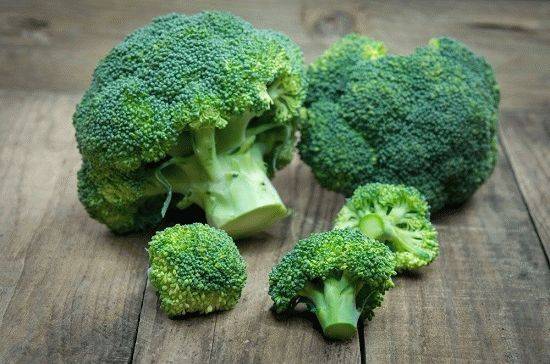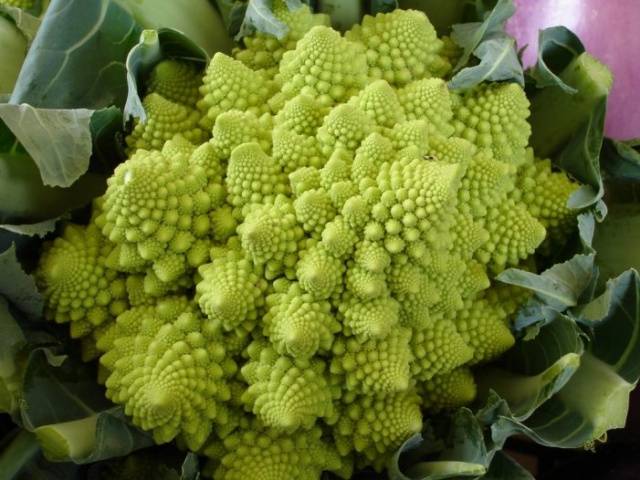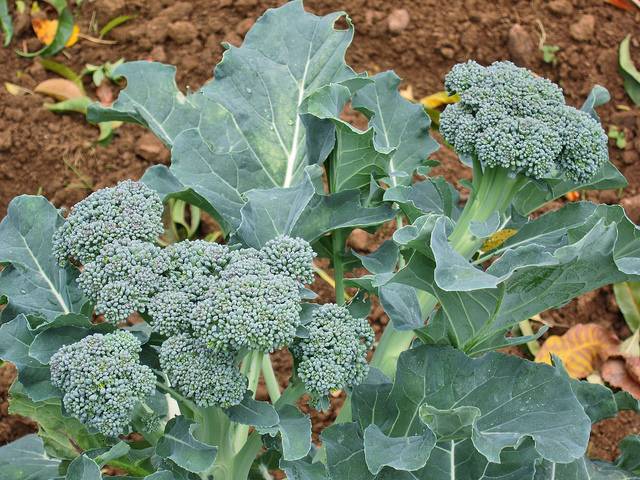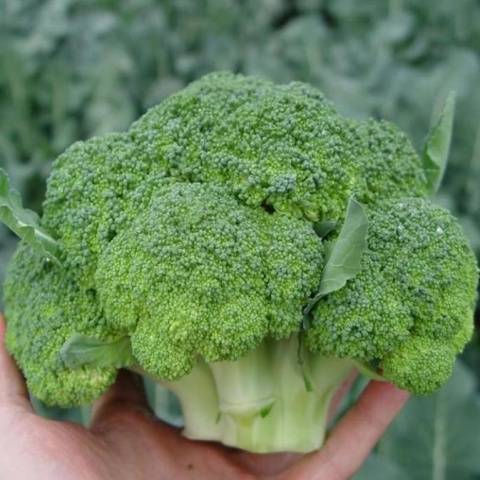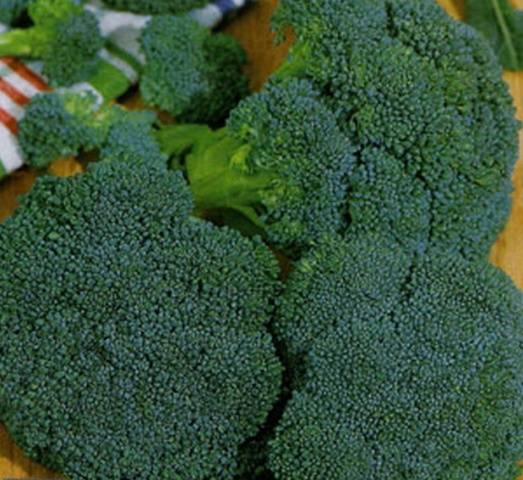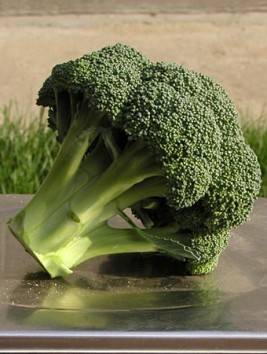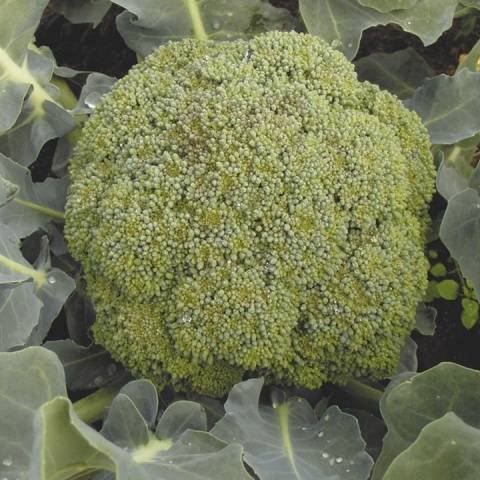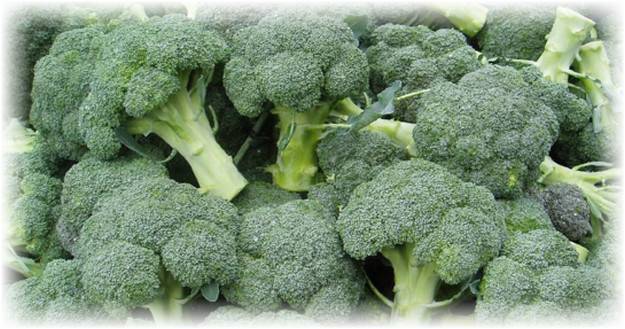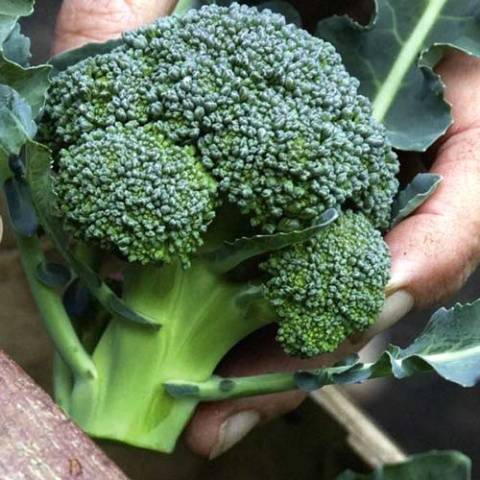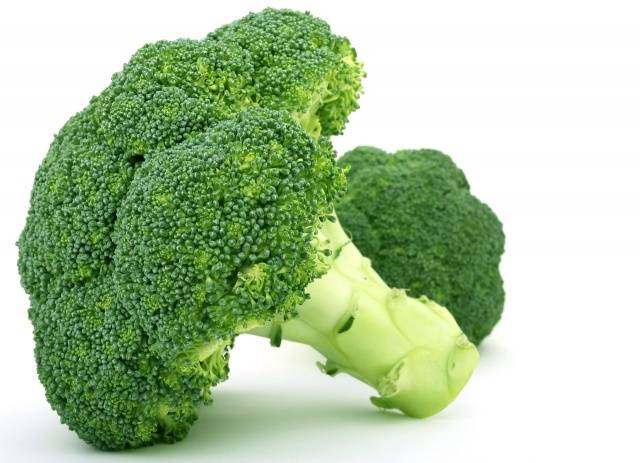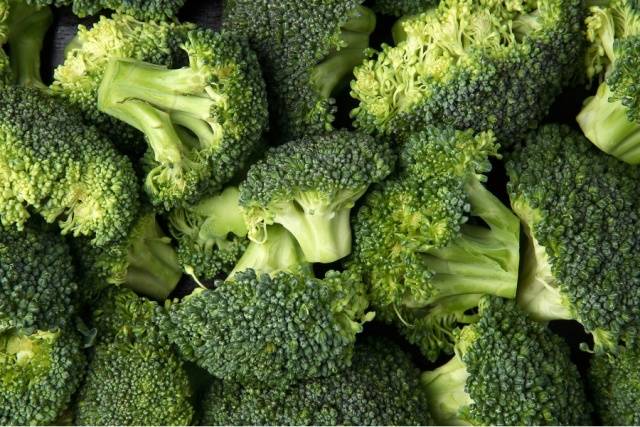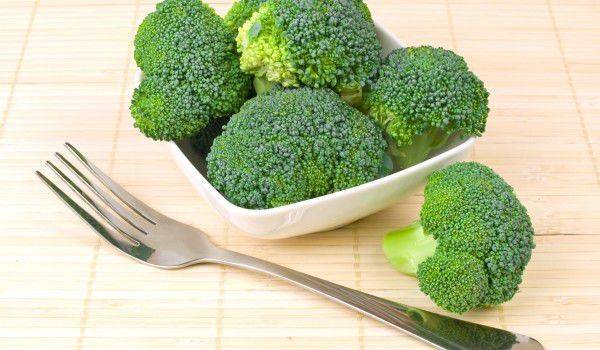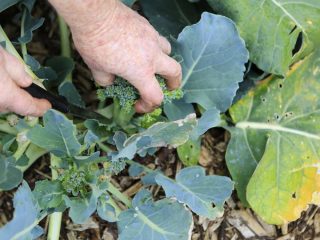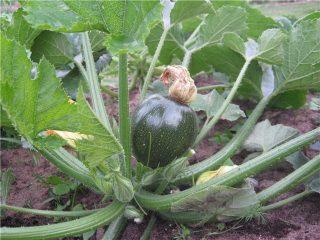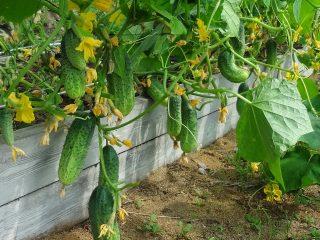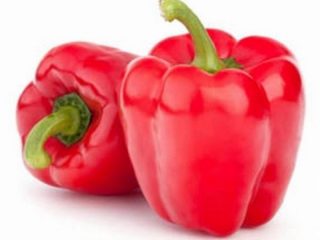Content
Not so long ago, broccoli began to be in demand among gardeners. This vegetable has incredibly beneficial properties for our body. It contains a huge amount of vitamins and minerals. This is a dietary product that is recommended to be consumed even by children. and how about growing broccoli? There are no problems here either. The vegetable is unpretentious in care and climatic conditions. But among the wide variety of varieties, it can be difficult to choose the most suitable one yourself. In this article, we'll take a closer look at the best varieties of broccoli.
Features of broccoli cabbage
Broccoli is a close relative of the familiar cauliflower. Among the differences between these two types, the following can be noted:
- Broccoli comes in a wide variety of colors, from dark green to brown and purple.
- It is denser and looser.
- The fleshy stems can be about 20 cm long.
All varieties can be divided into two types of broccoli. Since childhood, we are more familiar with the first species - Calabrian cabbage. It is a thick stem with dense inflorescences. The second type (Italian) has a more delicate taste and consists of a large number of stems with small loose inflorescences. A photo of this broccoli cabbage can be seen below.
As is customary among vegetable crops, broccoli cabbage is divided into varieties and hybrids. It would seem that hybrids have more advantages. They are more fertile, ripen quickly and have a longer shelf life. They are rarely affected by pests and have an excellent appearance. However, there are also disadvantages. This cabbage is not suitable for harvesting seeds, as it is not able to maintain its qualities for the second year. It also loses to taste, although sometimes it may not yield.
Varieties, unlike hybrids, are excellent for collecting seed, retain their properties well. They have excellent taste. The ripening period is slightly longer than that of hybrids.
All varieties and hybrids can also be conditionally divided into early, late and mid-season. The timing difference between early and late varieties can be very large. Therefore, you should carefully choose the seeds for planting. If the early hybrids are able to ripen in 45-50 days, then the late ones should be expected no earlier than after 100-130 days. The ripening period is especially important in cold regions where summers are short and not very hot.
Also, all varieties of broccoli are divided according to their yield. It all depends on the selected variety and the quality of the seeds. From one square meter you can to collect and 1, and 5, and even 6-7 kilograms of cabbage. The main thing is to find the right variety for your climatic region and soil condition.
Early maturing varieties
"Batavia" F1 "
This variety is included in the State Register as a mid-season variety, however, in most regions of Russia it ripens together with early types of broccoli cabbage. The leaves of this cabbage are green with a slight grayish tint. At the edges, they are bubbly and wavy. The head has a rounded shape, rather dense. The inflorescences are easy to separate. The head can weigh up to 1.4 kg, and the side heads are about 250 grams. It takes about two months from planting seedlings in open ground to the ripening of the first inflorescences. The variety can also be grown directly by planting seeds directly into the ground. In this case, disembarkation takes place no earlier than the last week of April.The yield is very good, from 1 m2 you can get up to 2.5 kg of cabbage. Batavia reacts well to hot weather, and is capable of bearing fruit until the frost itself.
"Linda"
This is one of the popular hybrids. In warm areas, the ripening period will be approximately 80–90 days, in other regions - about 100–105 days. The fruit is large enough, its weight can be up to 400 grams. Deep green elliptical cabbage. Lateral inflorescences weighing about 55–70 grams each. A bush of medium height. You can collect up to 3 or 4 kg of broccoli on one square meter of the bed. Sowing seeds for seedlings begins in mid-March and ends at the end of April. Seeds are planted in stages every ten days. The variety is rich in vitamins and iodine. They are eaten fresh and canned.
"Lord F1"
Incredibly delicious cabbage. With proper care, high yields can be achieved. Sowing seedlings is carried out from mid-March to mid-April. Broccoli is planted outdoors at the end of April. You can immediately plant seeds in the garden. The leaves are corrugated, dark green in color. The stem is dense and strong. The head is round, slightly flattened, weighing about one and a half kilograms. The inflorescences are easily separated. The maturity of the fetus occurs after 2 months. This is a very good indicator for broccoli. Lateral inflorescences continue to form until late autumn, each weighing about 150-200 grams. About four kilograms of cabbage are harvested from 1 meter. It has a positive effect on the state of blood vessels and the heart.
"Tone"
"Tonus" broccoli cabbage is one of the most ancient. Each head weighs about 200 grams. The density of inflorescences is average, tends to go into color. The fruit has a brown tint. Lateral inflorescences reach up to 65 grams in weight, the harvest is given in unison. Sowing seeds begins in March. Transplantation into the ground is carried out from May, but at first the plant should be under temporary shelter. Harvesting begins towards the end of June. With the right care, fruiting can be extended until the first frost. Cabbage tastes great and is rich in vitamins and minerals. Suitable for freezing and preservation. Productivity - no more than 2 kg of cabbage from 1 m2.
Mid-season varieties
Ironman f1
This is a hybrid with high yields. It has green leaves with a pronounced blue tint. A head of cabbage of medium size, firm, weighing about 500 grams. The shape of the head is dome-shaped, has a blue-green tint. Side shoots grow well. From the moment the seedlings are planted to the full ripening of the first fruits, it takes about 80 days. Seeds are planted in mid-March, and after 45-50 days they begin to plant in open ground. Up to 3 kg of fruit can be harvested from one unit of area.
"Gnome"
Cabbage is distinguished by small gray-green elliptical heads. A head of cabbage can weigh up to 550-600 grams. Inflorescences of medium density and excellent taste. After the main head is cut off, lateral inflorescences grow quickly. They can weigh around 150-200 grams. Like most varieties, seedlings are planted in March, after 35–45 days the seedlings will be completely ready for planting in the garden. The first fruits will ripen within 70 days after planting. From a plot with an area of one square meter, it will be possible to collect from 2 to 4 kg of broccoli. This variety is suitable for fresh storage and conservation.
Late varieties
"Agassi F1"
The variety belongs to hybrid annuals. It is a strong bush with a rounded, slightly flat head. The weight of a head of cabbage can reach up to 700 grams. Landing in a vegetable garden or under shelter is carried out at the end of April. Planting can be carried out in stages with an interval of about 10 days. The fruit ripening process can take 80 days. The yield is high, up to 3.5–4 kg per square meter.
"Marathon F1"
The variety belongs to high-yielding hybrids. The head of cabbage has an elliptical shape and weighs up to 700-800 grams. The color of the head is blue-green, the inflorescences are of medium density. Lateral shoots are well developed, grow quickly and in large numbers. Has high resistance to pests, but does not tolerate hot weather. The ripening period lasts about 80 days. From 1 m2 up to 3 kg of excellent cabbage can be harvested. Suitable for eating in any form. It is in high demand among broccoli lovers.
Conclusion
All of the above varieties can be easily grown in your garden or greenhouse. Undeservedly, broccoli is much less common in vegetable gardens than regular cabbage varieties. But this vegetable is one of the most vitamin. And in general, you can talk about the possibilities in cooking for days. At the same time, broccoli retains almost all of its beneficial properties when frozen. Some varieties do not need processing; they can be kept fresh for months. If you are still thinking whether to plant broccoli in your area, then make up your mind soon.
